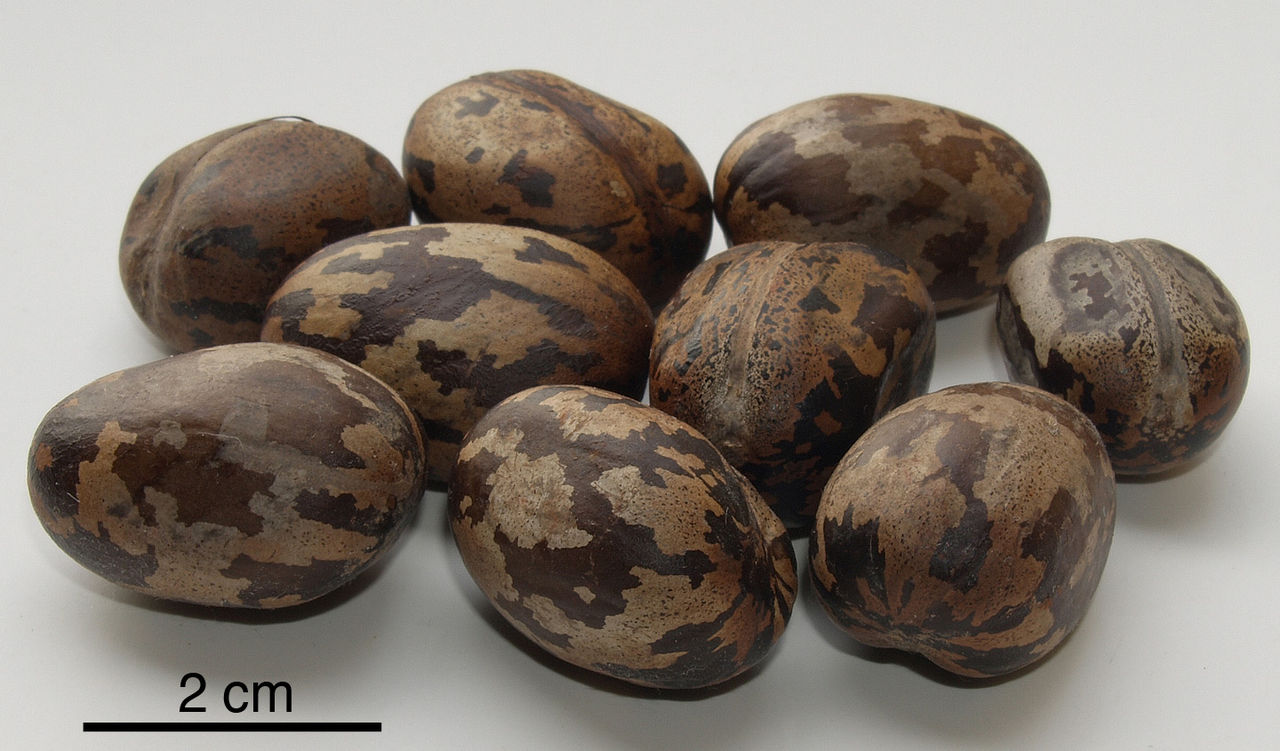Researchers from the SASTRA University (India) have successfully produced biodiesel from crude Hevea brasiliensis oil (CHBO) using an enzymatic transesterification process.
The major advantage of this process over the commonly deployed chemical transesterification process is that both the energy and post-treatment requirements are reduced significantly. This is because enzymatic transesterification neither requires high reaction temperatures nor basic or acid catalysts. Instead, an enzyme (here: lipase) active at temperatures slightly above ambient temperature, immobilized on a support material (here: silica aerogel), catalyzes the transesterfication reaction.
The researchers obtained fatty acid methyl ester (FAME) yields comparable to those reported for chemical transesterification (>90 %) at 30 °C when using lipase immobilized on silica aerogels. Furthermore, it was found that the enzymes largely retained their activity even after ten cycles. A characterization of the fuel synthesized from the rubber seeds showed that the fuel properties were compatible with ASTM Biodiesel (D 6751a) and European Biodiesel Standards (EN 14214).
Hence, the authors concluded that the enzymatic transesterfication of CHBO offers a more environmental compatible and economical approach to biodiesel synthesis when compared to the state of the art chemical transesterfication processes.
More details: A.Arumugam, D.Thulasidharan & Gautham B.Jegadeesan; Process optimization of biodiesel production from Hevea brasiliensis oil using lipase immobilized on spherical silica aerogel, Renewable Energy Volume 116, Part A, February 2018, Pages 755-761 https://doi.org/10.1016/j.renene.2017.10.021

